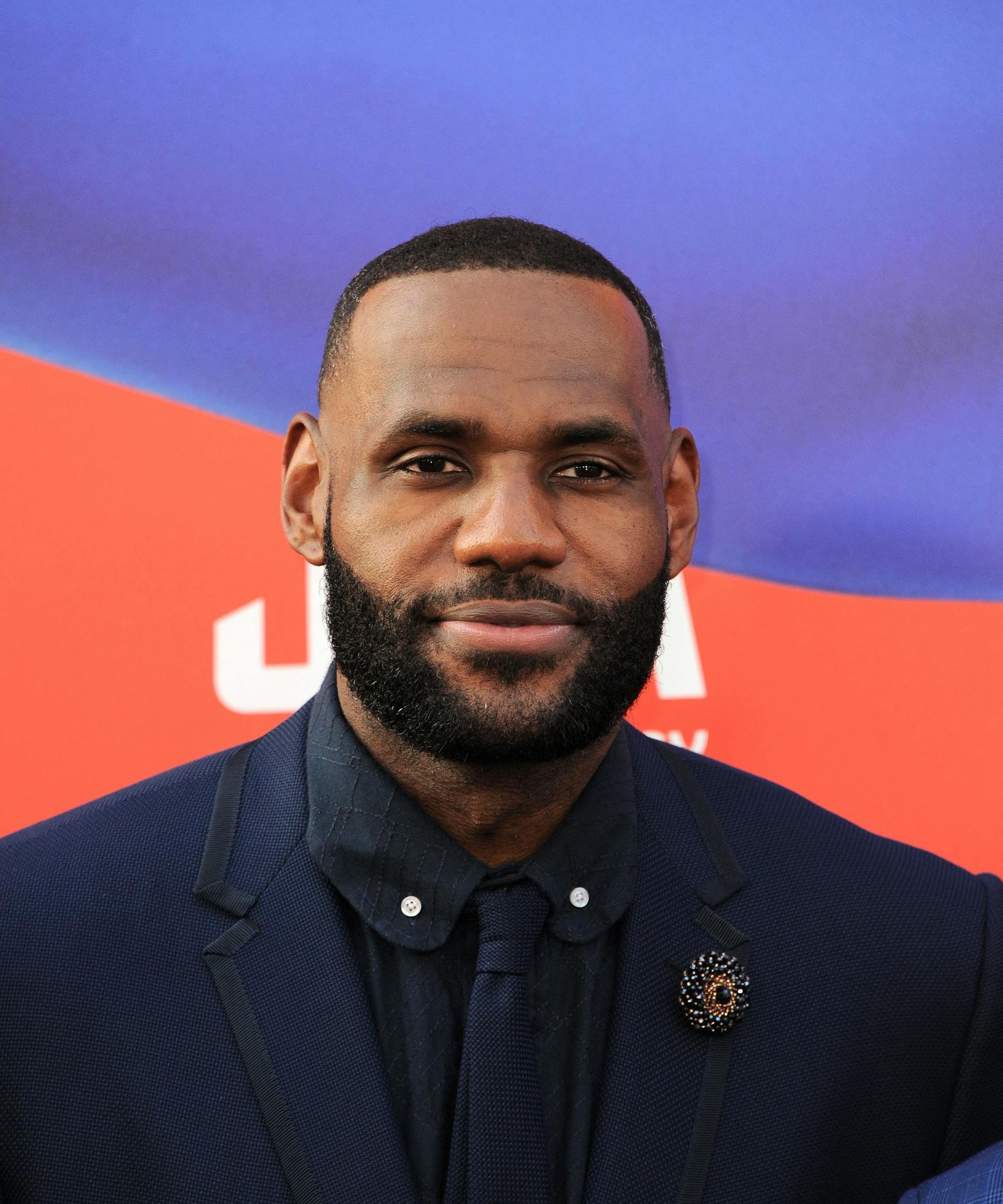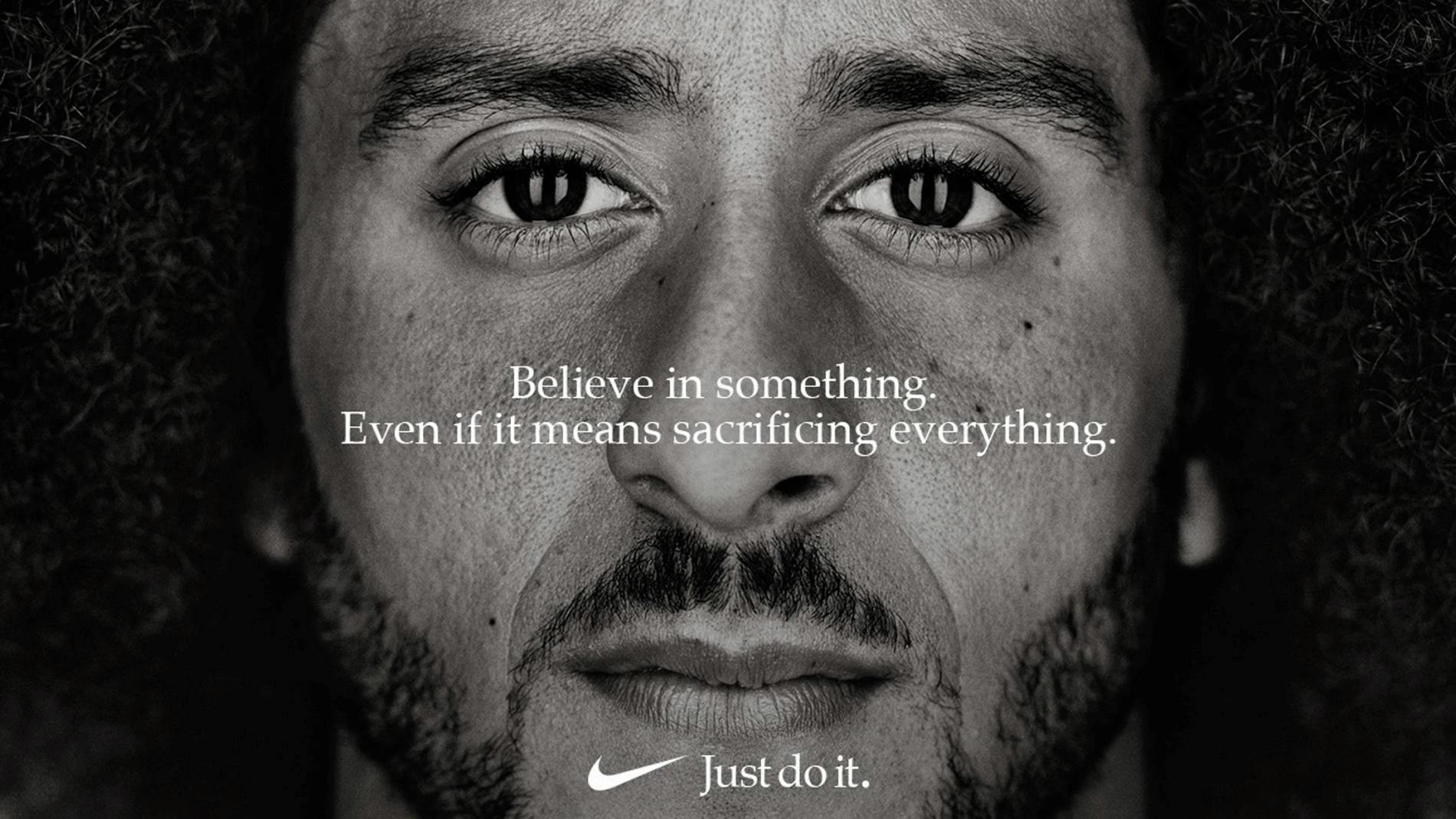Dear LeBron James: If You Really Care About Social Justice, Here’s What You Should Do
Lebron James may best be known for his basketball skills, but lately he’s been making headlines for his activism, rather than his athleticism.

#Activist #BLM
A vocal supporter of the Black Lives Matter movement, following the release of footage showing Ahmaud Arbery’s shooting, James took to his social media to proclaim that “We’re literally hunted EVERYDAY/EVERYTIME we step foot outside the comfort of our homes!”
Similarly, when a video showing a police officer kneeling on the neck of George Floyd before his death went viral, James posted an image indicating that events like Floyd’s treatment were why Colin Kaepernick, and now James himself, kneel for the anthem.
Days later, he asked his over 47 million Twitter followers, “Why Doesn’t America Love US!!!!!????” presumably in reference to the perceived maltreatment of Black Americans in the country.
And most recently, in response to the news that Jacob Blake had been shot in the back by Kenosha Police, he proclaimed that the situation was “Exactly another black man being targeted.”
The narrative pushed in James’s social media activism is a common one in popular culture: Black men are being systematically targeted by the police because of their skin color, in just one of the many examples of society’s systemic racism. But while performative activism may be in vogue for celebrities, if Lebron James really does want to influence positive social change, here are several things he can do that would be much more impactful than gaining likes and retweets.
1. Get Your Facts Straight
One of the most important parts of social media activism (which jokes aside, does have its uses!) is its ability to quickly and efficiently share information. And if James actually wants to be a positive influence, he should focus more on communicating facts, rather than spreading panic.
For example, did you know that black men are much more likely to be killed by a fellow black man, rather than by a cop or a white person?
Did you know that George Floyd is on video resisting arrest? Or that his autopsy showed there was no evidence Floyd died from asphyxiation, but that he did have fatal levels of fentanyl in his system at the time of his death?
No meaningful change is possible if people are misinformed about the topics they’re campaigning for.
Or did you know that police were called on Jacob Blake because he was trespassing on his ex-girlfriend’s property and that he had a knife in his possession while resisting arrest?
For most people, the answer to these questions is likely “No.” And that’s because, unfortunately, the type of activism that stars like Lebron James take part in often emphasizes narrative first and facts second. No meaningful change or dialogue is possible, however, if people are misinformed about the topics they’re campaigning for. And while James’s extreme rhetoric and shocking (often misleading) headlines may be useful for galvanizing online angry mobs, it’s unlikely to translate to better policies or any type of societal unification.
2. Don’t Be a Hypocrite
Lebron James may fancy himself a champion for racial and social equality in the U.S., but his record of standing up for human rights issues abroad (causes that, by and large, won’t get you trending on Twitter) is nothing short of disappointing. And while no one can be an activist or be outspoken on all issues, James doesn’t just ignore international human rights abuses, it could be argued that he actually contributes to them.
James doesn’t just ignore international human rights abuses; he actually contributes to them.
Take Nike, a long-time business partner of James’s. Numerous collaborations have netted both the company and the athlete millions in profits, but by choosing to work with Nike, James continues to associate himself with some infamously inhumane manufacturing processes. The sports brand made headlines in the ‘90s when allegations of their use of child labor and sweatshops began to surface. But faced with public outrage, Nike has since made an effort to change its image, becoming one of the most prominent examples of a “socially conscious” brand (*cough* Colin Kaepernick campaign *cough*).

In 2017, however, news was released that indicated Nike may have once more been suckling at the teat of cheap, unethical labor. One report which sparked new rounds of protests alleged that “workers at a Nike contract factory in Hansae, Vietnam, suffered wage theft and verbal abuse, and labored for hours in temperatures well over the legal limit of 90 degrees, to the point that they would collapse at their sewing machines.”
And similarly, in Cambodia, “500 workers inside a plant that supplies products to Nike [...] were hospitalized after fainting out of exhaustion and hunger as a result of working 10-hour shifts, six days a week, in 98-degree heat.”
More reports of Nike benefitting from forced labor surfaced this year, as activists alleged that Nike’s suppliers exploit China's Muslim Uighur minority people.
The very least James could do is not have his merchandise produced in literal sweatshops.
I wouldn’t be surprised to learn that, any one of these workers, while lying in a hospital after producing so many $300 Lebron James sneakers that they fainted, might have wondered “Why Doesn’t America Love US!!!!!????”
Lebron James doesn’t need to pull an Angelina Jolie and become a UN Human Rights Ambassador in order to have legitimacy as a human rights champion, but perhaps the very least he could do is not have his merchandise produced in literal sweatshops.
3. Seriously. Don’t Be a Hypocrite.
And speaking of hypocritical activism, we of course can’t forget James’s ties to (and defense of) China. It’s no secret that the NBA, and therefore James himself, are now financially dependent on the Chinese state and market. The NBA earns around $500 million in revenue from China each year, and Tencent’s most recent deal with the NBA came in at a whopping $1.5 billion. And not only that, but “NBA China, a separate business arm of the NBA, was valued at $5 billion by Sports Business Journal last month.”
Profiting from a government notorious as a human rights abuser would be bad enough, but last year, James’s political hypocrisy reached new heights when he dismissed the plight of pro-democracy protesters in Hong Kong.
The NBA, and therefore James himself, are now financially dependent on the Chinese state and market.
When Houston Rockets GM Daryl Morey put out a statement in support of the Hong Kong protesters, James slammed Morey, saying:
“When you’re misinformed or you’re not educated about something, and I’m just talking about the tweet itself, you never know the ramifications that can happen. Yes, we all do have freedom of speech. But at times, there are ramifications for the negative that can happen when you’re not thinking about others and you’re only thinking about yourself. [...] So many people could have been harmed — not only financially, but physically, emotionally, spiritually. Just be careful about what we tweet, what we say and what we do. Yes, we do have freedom of speech, but there can be a lot of negative that comes with that, too.”
Um, excuse me?
When it comes to BLM protesters, James is more than happy to speak up, regardless of how informed he actually is. But for the Hong Kong protesters, who are literally fighting for their human rights, it seems that James is more concerned with protecting his Chinese paycheck than standing up for justice.
4. Support Economic Growth for Black (and All!) Americans
And finally, if Lebron James wants to be a hero for black Americans, he should put his money where his mouth is, and use his influence to financially empower the people he claims to want to help. How, you ask?
Shut down the sweatshops overseas and move them to the inner cities, where people are hungry for work.
It’s actually quite simple. At this very moment, James could easily go to Nike's CEO, Phil Knight, and tell him to shut down the sweatshops in developing countries and move them to the inner cities (like Detroit and Baltimore), where people are hungry for work. Yes, the costs would be higher, but if the hugely profitable Nike and LeBron James are as socially conscious as they would have their customers believe, surely that would be a price they’re willing to pay?
And the same holds true for the entirety of the NBA, an organization that has come out in strong support for the Black Lives Matter movement. Nike is the official supplier of NBA jerseys, which is doubtless a substantial contract. If the NBA is as concerned with the welfare of black Americans as their corporate activism suggests, why don’t they use their considerable leverage to bring back some of the jobs their business partners have shipped overseas?
Closing Thoughts
Frankly, I don’t foresee people like Lebron James and companies like Nike and the NBA ever taking their activism beyond social media and press conferences, nor do I think they’d ever say anything they believe would hurt their bottom lines. To actually embody the pro-equality beliefs they claim to have would require more moral fortitude than simply hopping onto trendy hashtag bandwagons.